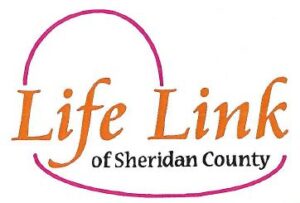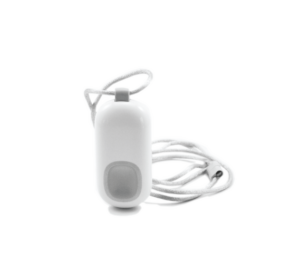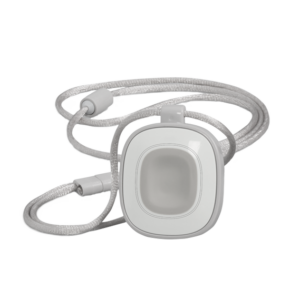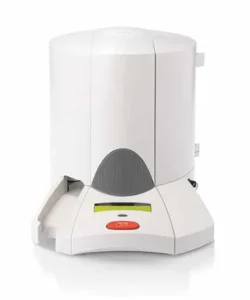When Seniors Fall
Lifeline with AutoAlert with Fall Detection is a sleek wearable that uses three different technologies to more accurately detect falls, avoid false alarms (a leading reason people don’t like wearing alert devices), and call for help whether your parent presses the button or not. Learn more about why Lifeline’s AutoAlert fall detection is right for your loved one.
When Seniors Have a Medical Emergency
You’re right to worry about unforeseen medical emergencies, like heart attacks, dizziness or disorientation. GoSafe 2 is perfect for active seniors who spend a lot of time outside the home, enabling them to request assistance from any location at any time. HomeSafe with AutoAlert is designed for homebound seniors, providing a 24/7/365 virtual companion that’s just a button-press away.
For Seniors with Chronic Conditions
These adults are more likely to fall, and they require emergency transport 54 percent more often than their healthier peers.[1] Our CareSage solution uses a predictive analytics engine to help your parent’s care team determine when s/he may be at more of a risk for a health episode or fall so you can take preventive action. GoSafe 2 and HomeSafe with AutoAlert give your chronically ill parent access to assistance whenever s/he needs it.
[1] https://www.usa.philips.com/a-w/about/news/archive/standard/news/press/2015/20150929-New-Philips-study-reveals-seniors-with-common-chronic-conditions-had-an-increased-fall-rate-up-to-54-percent.html
For Active Seniors
Whether they’re at home or on the go, GoSafe 2 gives your active parent the freedom to pursue their interests and activities with the confidence and security of knowing help is available at the press of a button. This wearable is waterproof, so it can be worn even in the bath or shower, where almost 36 percent of home-based fall injuries occur.[2]
[2] https://www.ncbi.nlm.nih.gov/pmc/articles/PMC3591732/
When Seniors Have a Non-Medical Emergency
Our Trained Care Specialists, accessed through a Lifeline with AutoAlert device, are ready to assist even when your parent has a non-medical need, such as when s/he is locked out, requires roadside assistance, or needs to report a burglary or fire.





